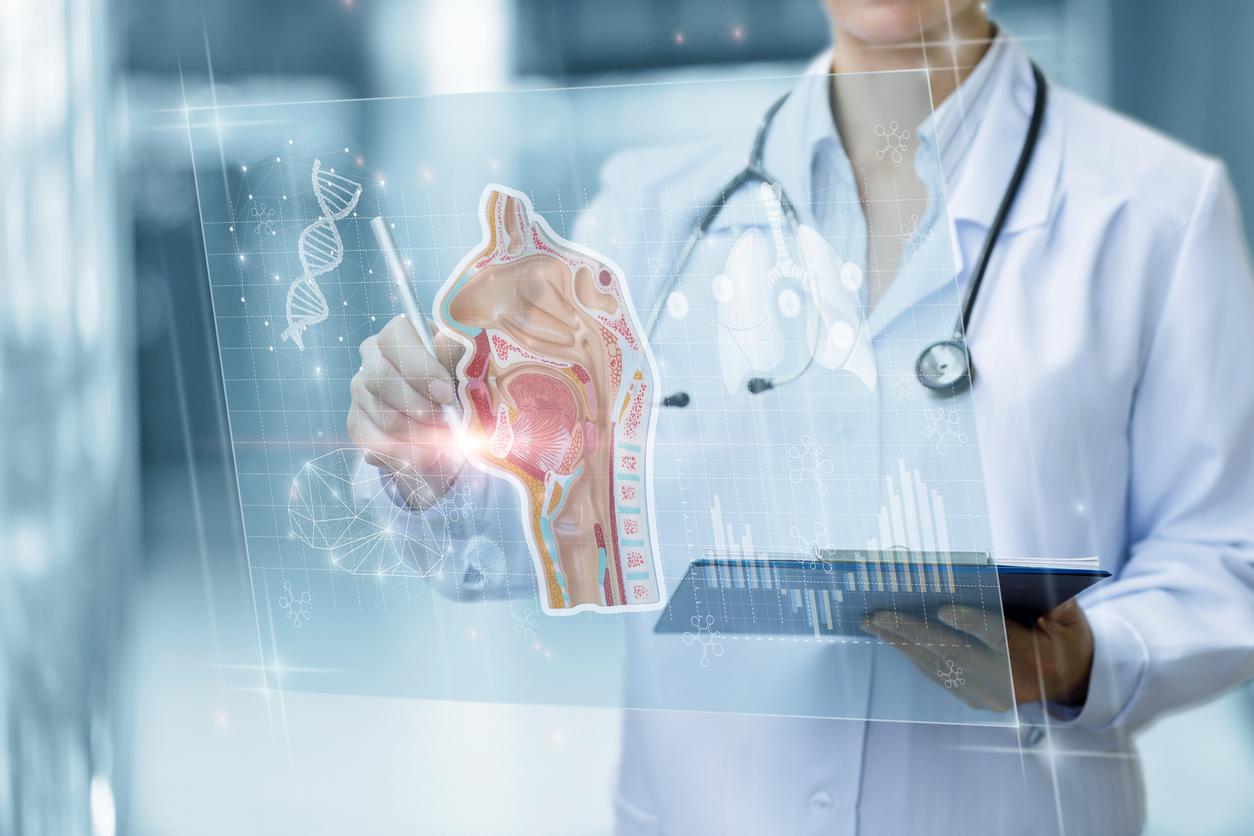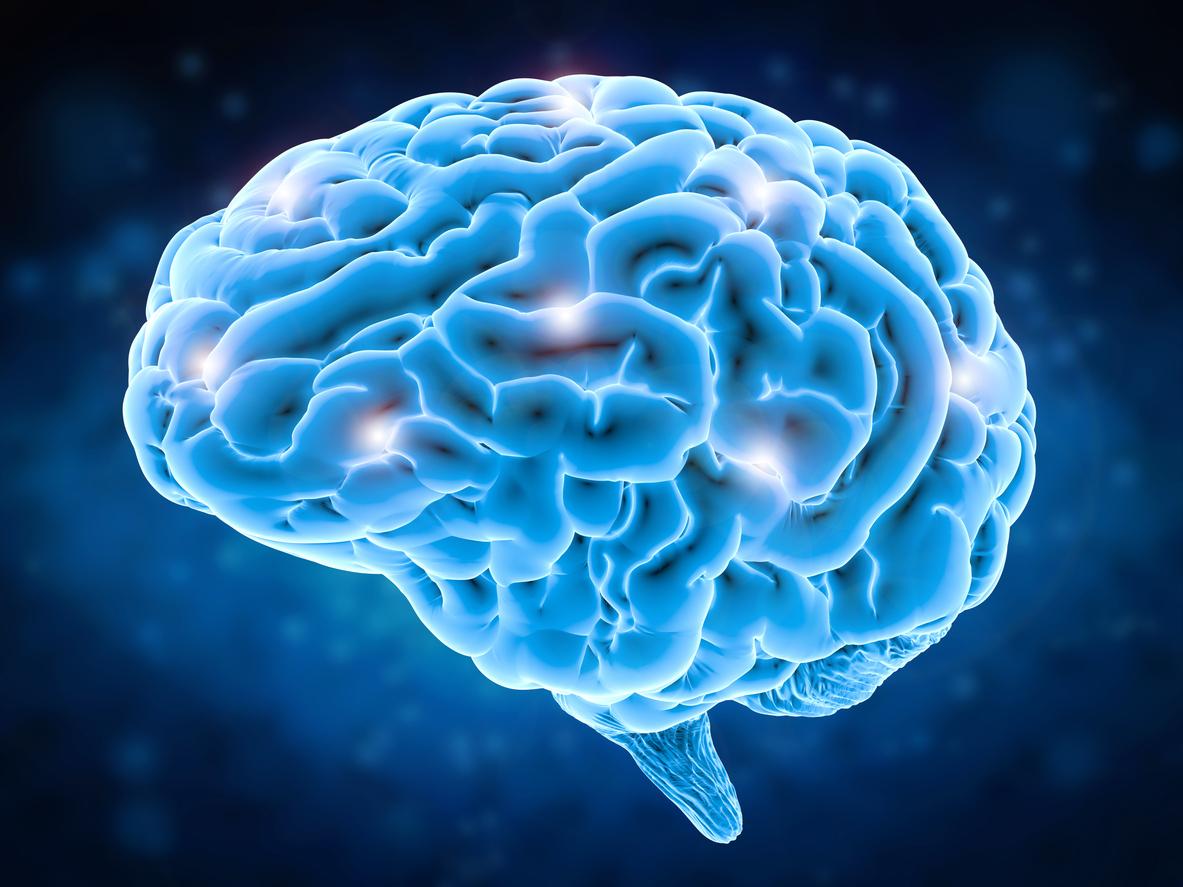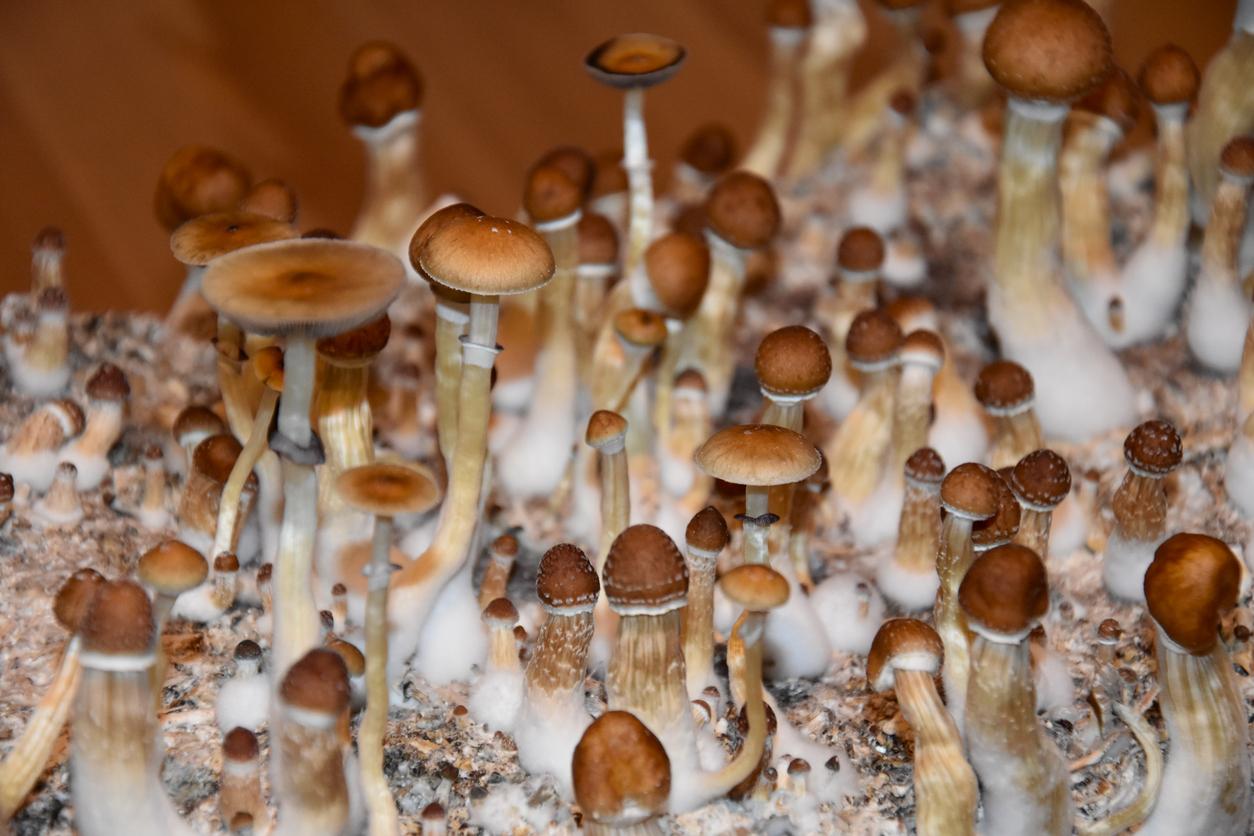What is depression?
It’s a real disease. Contrary to popular belief, depression is not a simple “stroke of softness”! It is a real pathologyu same as diabetes or asthma. Feeling of emptiness, absence of pleasure, difficulty or inability to get up, to go to work, to go out shopping… We speak of depression when mood disturbances are multiple, manifest themselves in a way (almost ) permanent for at least two weeks and cause significant inconvenience in daily life.
This psychiatric disorder results from a disruption of the production and transmission of 3 major neurotransmitters:
- Serotonin which has the function of balancing sleep, appetite and mood,
- Dopamineresponsible for regulating mood and motivation,
- Noradrenaline which manages attention and sleep.
>> Is depression frequent? Yes: experts* estimate that 1 in 5 people will be affected during their lifetime, with a ratio of 2 women for 1 man. Each year, 1,000 new cases of depression are recorded in France. It should also be noted that depression (unlike being depressed) does not take a “break”: the person who suffers from depression feels permanent sadness and cannot “change their minds”.
>> Depression doesn’t just affect adults. Sadness, sleep disorders, eating disorders, concentration disorders, loss of energy, lack of interest, dark thoughts… do not spare the youngest, even if the symptoms vary according to age. In children, depression is mainly manifested by behavioral disorders (withdrawal, irritability, agitation, sulking, susceptibility, constant demand for affection, etc.). Most often, there is not a single cause, but a “snowball phenomenon”, an intricacy of several factors: genetic, behavioral, physiological (chemical abnormalities of the brain) and psychosocial (mourning, significant stress, accidents , serious diseases). Only early treatment can overcome this ordeal.
I don’t feel well: is it depression or depression?
It’s normal to be depressed after a death, a divorce, a dismissal, the departure from home of grown-up children. Several weeks may be necessary to overcome this depression and adapt to his new life, but gradually, day after day, the clearings are more and more numerous, the person regains his footing, forms new projects… On the other hand, if the suffering sets in, that it is omnipresent, that the person no longer has any pleasure, desire, or hope for a better future, that they withdraw into themselves, it is definitely depression.
We can talk about depression when 4 symptoms out of the following 7 symptoms have lasted for (at least) 15 days:
- An appetite disorder: we eat more, we eat less…,
- Sleep disorders: insomnia or, on the contrary, an almost permanent desire to sleep,
- Difficulty adapting to new or unusual situations: a trip, a new meeting, a new job…,
- Hyperactivity or motor slowing,
- severe fatigue,
- A feeling of guilt or worthlessness: “I’m not worth anything”, “I’m not important”, “it’s all my fault”, etc.
- Suicidal thoughts.
I (maybe) suffer from depression: who can I turn to?
Attention ! A depression – or a hint of depression! – should never be taken lightly. Thus, the risk of death by suicide is 10 times higher among depressed people than for the rest of the population. And depression does not disappear “on its own”: according to experts*, the risk of relapse after a first depressive episode is 60%. It climbs to 90% after the third depressive episode…
Which specialist to turn to? If you think you are suffering from depression, do not delay: your first point of contact is (of course) your general practitioner. He or she can refer you to a specialist or prescribe medication adapted to your situation.
- The psychiatrist is first a doctor who then specialized in psychiatry. Whether he works as a freelancer (find out about the prices) or in a hospital, he can prescribe a drug treatment and ensure your follow-up. Some also offer psychotherapy.
- The psychologist studied psychology at university. He then trained in different techniques: hypnosis, EMDR, CBT… His consultations are not reimbursed by Social Security.
- The psychoanalyst has followed a training that includes a personal psychoanalysis followed by a “didactic” psychoanalysis aimed at learning the profession. The sessions are not covered by health insurance, unless the psychoanalyst is also a doctor.
- The psychotherapist is either a doctor of medicine who has validated a cycle of specialization in psychopathology, or a holder of a master’s degree in psychology.
It should be noted that in association with “classic” treatments, one can also turn to psychotherapy, behavioral and cognitive therapy (CBT) or even meditation: these therapeutic treatments have proven to be very beneficial for the prevention of recurrences of major depressive episodes.
Source : Brain and Spinal Cord Institute (ICM)
Read also :
- Against severe depression, electrical brain stimulation would be effective
- Depression: no it’s not “just a slack”
- How to help a depressed loved one?























